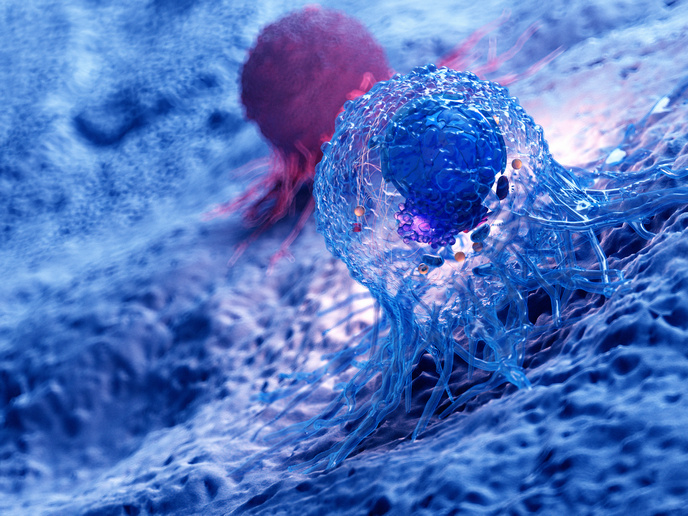Immune mechanisms of vaccine protection
Tuberculosis remains one of the leading causes of death worldwide. The currently available Bacille Calmette-Guérin (BCG) vaccine represents the only available precautionary measure against Mycobacterium tuberculosis but lacks clinical efficacy. Therefore, an improved strategy is urgently required to control the spread of tuberculosis globally. It is of primary importance to understand how the BCG vaccine works to activate T lymphocytes to combat the pathogen. The process known as T cell priming takes place in lymph nodes around the body where T cells encounter dendritic cells, the professional antigen-presenting cells of the body. Scientists on the EU-funded DC-MTB INTERACTIONS project set out to see if the vaccine antigens get properly presented to naive T cells on administration of BCG vaccine. An additional objective was to define which dendritic cell subpopulations are responsible for antigen presentation following vaccination. To this end, researchers used a mouse model to identify a specific population of dendritic cells involved in transporting BCG from the skin to the lymph nodes. This movement required the expression of key inflammatory molecules such as tumour necrosis factor and interleukin-12. The DC-MTB INTERACTIONS study provided significant knowledge on the spatiotemporal events and the immune cell communication that take place during tuberculosis vaccination. The study results have important consequences for vaccine development through new perspectives for the manipulation of dendritic cells for clinical benefit.







